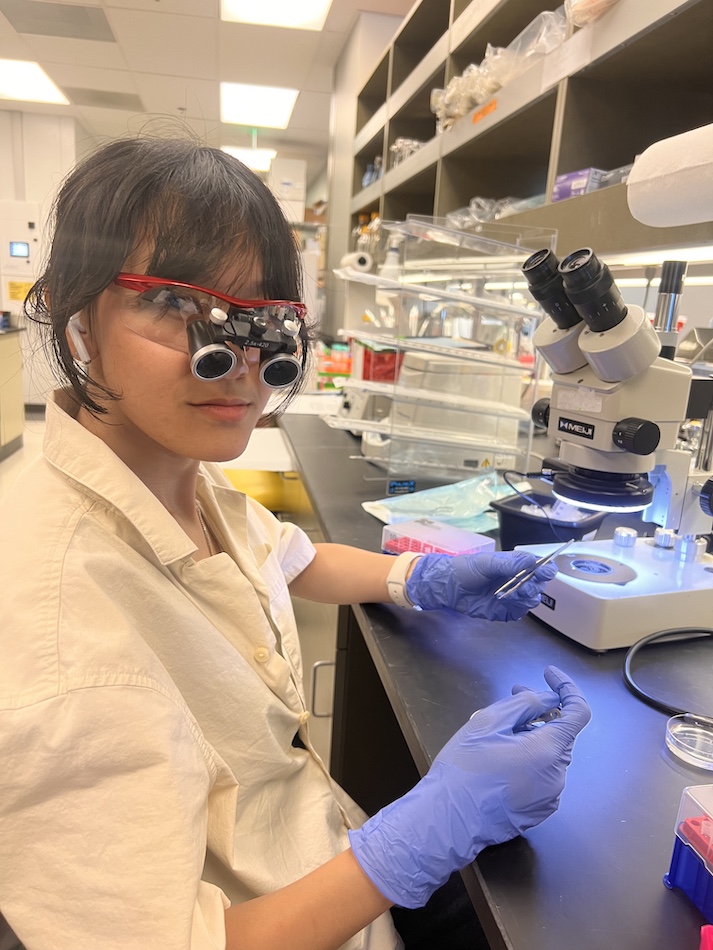Too many viruses act like stealth bombers. HIV knows how to hide from the immune system. SARS-CoV-2 and influenza virus can even overcome vaccine protection.
Luckily, vaccine researchers can see through these tricks. At La Jolla Institute for Immunology (LJI), Professor Shane Crotty, Ph.D., has shed light on how humans can develop long-lasting immunity against deadly pathogens. NIH Director Anthony Fauci, M.D., has called his work in human immunity “exceedingly important.”
In honor of his breakthrough in vaccine research, Crotty has been named a 2022 Fellow of the American Academy of Microbiology. This recognition comes after a rigorous review process by experts in microbiology and honors Crotty’s leadership in the field of vaccine design.
“I was thrilled to get this news,” says Crotty. “This is a real honor. The ASM is an outstanding organization.”
The American Academy of Microbiology is the honorific leadership group within the American Society for Microbiology (ASM), one of the largest life science societies in the world. The mission of the Academy is to recognize scientists for outstanding contributions to microbiology and provide microbiological expertise in the service of science and the public.
Crotty studies strategies for preparing the immune system against pathogens such as HIV and SARS-CoV-2. His work has shown how immune cells “remember” past invaders or vaccines—and how well they fight potential infections.
Crotty has long been a global leader in vaccine research. He is part of the LJI Center for Infectious Disease and Vaccine Research and a member of the LJI Coronavirus Taskforce. His previous awards include election to the American Association for the Advancement of Science (AAAS), the Cancer Research Institute’s (CRI) Award for New Discoveries in Immunology, a 2021 NIH MERIT Award, and naming as a Pew Scholar in the Biomedical Sciences. He has earned a spot as a Clarivate “Highly Cited Researcher” for the last six years.
Most recently, Crotty joined forces with LJI Professor Alessandro Sette, Dr.Bio.Sci., and LJI Instructor Alba Grifoni, Ph.D., to show how T cells from people vaccinated against COVID-19 can respond to many SARS-CoV-2 variants, including Omicron.
“These cells won’t stop you from getting infected, but in many cases they are likely to keep you from getting very ill,” Crotty says.
Crotty’s HIV research has shown the potential power of new vaccine ingredients (including a new adjuvant) and the importance of vaccination timing and dosage in building up a population of HIV-fighting immune cells and broadly neutralizing antibodies.
Viruses will continue mutating, but in the battles between viruses and immune cells, researchers like Crotty are readying the reinforcements.


